Books
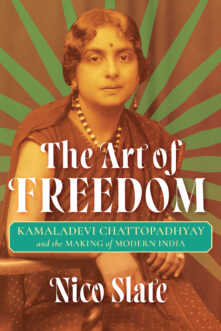
The Art of Freedom
Kamaladevi Chattopadhyay and the Making of Modern India
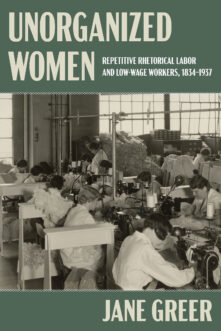
Unorganized Women
Repetitive Rhetorical Labor and Low-Wage Workers, 1834-1937
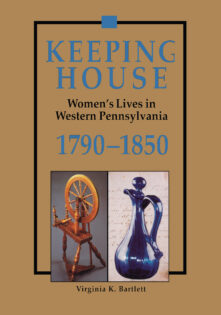
Keeping House
Women's Lives in Western Pennsylvania, 1790–1850
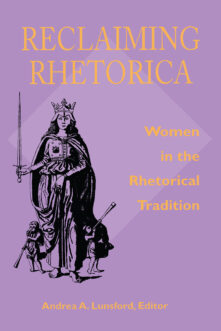
Reclaiming Rhetorica
Women In The Rhetorical Tradition
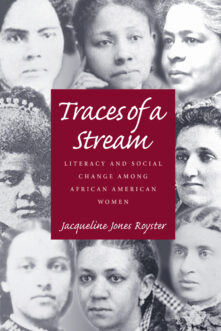
Traces Of A Stream
Literacy and Social Change Among African American Women

Available Means
An Anthology Of Women's Rhetoric(s)
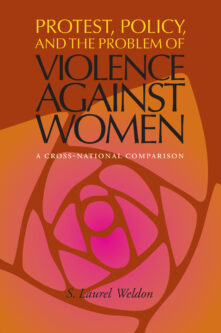
Protest, Policy, and the Problem of Violence against Women
A Cross-National Comparison
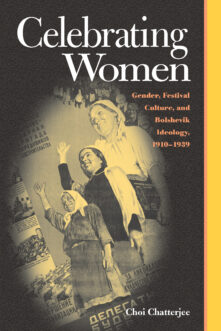
Celebrating Women
Gender Festival Culture & Bolshevik Ideology 1910-1939
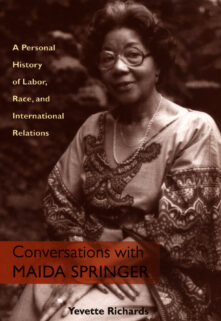
Conversations With Maida Springer
A Personal History Of Labor, Race, and International Relations
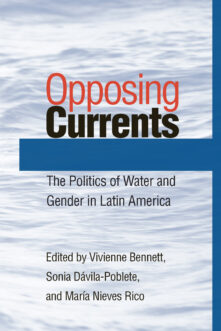
Opposing Currents
The Politics of Water and Gender in Latin America
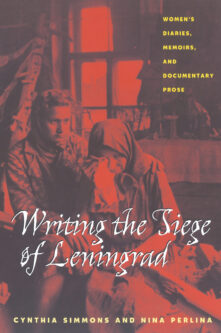
Writing the Siege of Leningrad
Womens Diaries Memoirs and Documentary Prose
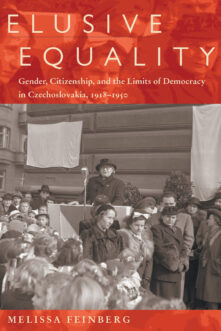
Elusive Equality
Gender, Citizenship, and the Limits of Democracy in Czechoslovokia, 1918-1950
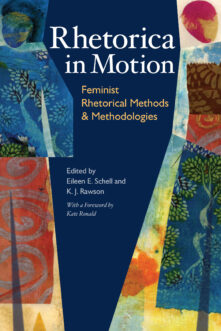
Rhetorica in Motion
Feminist Rhetorical Methods and Methodologies
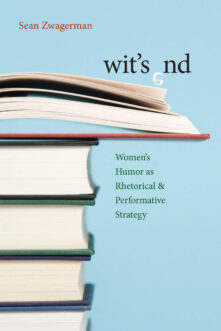
Wit’s End
Women's Humor as Rhetorical and Performative Strategy
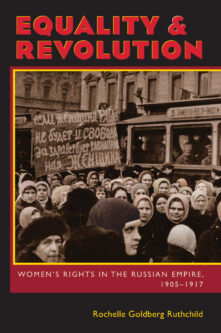
Equality and Revolution
Women's Rights in the Russian Empire, 1905–1917
Total 20 results found.

